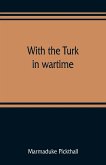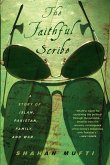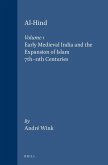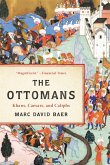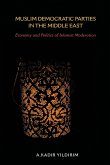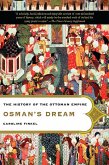In 1913, four years before he converted to Islam and seventeen years before he would publish his renowned translation of the Quran, Marmaduke Pickthall journeyed to Turkey to investigate the state of the country after the Ottoman coup d'état earlier that year. A self-professed lover of the East and of Islam, Pickthall's curiosity drove him to take lodgings with an expat English woman who had adopted a Turkish way of living. During his stay, Pickthall spoke with Turks, Greeks, Armenians and foreigners about politics, religion, gender and war. In With the Turk in Wartime, Pickthall draws on vivid descriptions of Turkish scenes, impassioned political discussions and humorous incidents arising from cultural differences, and explores the role of foreign powers in Turkey and the fate of a people he holds dear. Infused with the author's kind-hearted and openminded sensibility, this travel journal is sure to inform and delight.


